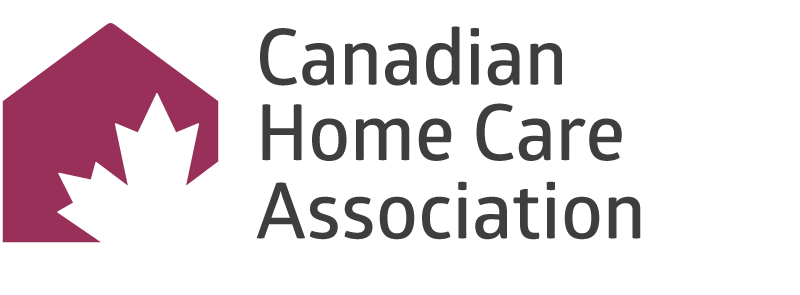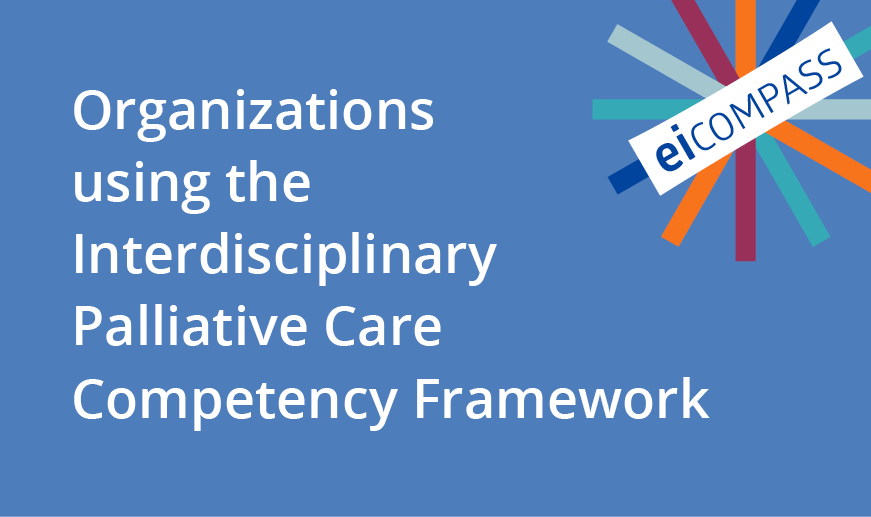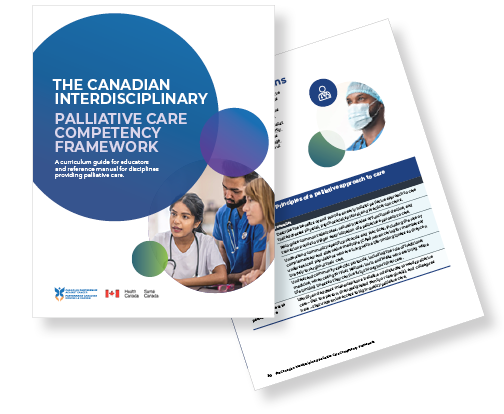As do many Canadians, my wife, Suzanne, wanted palliative care support. She wanted to talk about her probable trajectory long before the clinicians were willing to do so, and got her first palliative consultation just three days before she died. At that point she could not participate in the conversation, and I had to convey her values and wishes on her behalf. It was not for lack of trying. Suzanne wanted to know what to expect. She needed to prepare herself, and as a mother of two, wanted to do what she could for her children. We were repeatedly advised that it “was too soon,” that “active treatment was underway” or that palliative care was not what that specific person “did.”
What do I hope for?
The first and most important thing is that non-specialists, who are reasonably likely to be interacting with people who have a life-limiting illness, should acquaint themselves with palliative care and be prepared to address the issues as they arise. If a patient is going to have an element of palliative need from diagnosis through to the end, it cannot only be palliative specialists who address concerns.
We never even got a pamphlet
All members of the team should be sensitive to the patient’s readiness and willingness to talk. Suzanne’s psychological and emotional health were affected by the unwillingness of her team to have the conversations she wanted and needed to visualize the stages of her illness and her end-of-life and participate in the decisions that would entail.






















